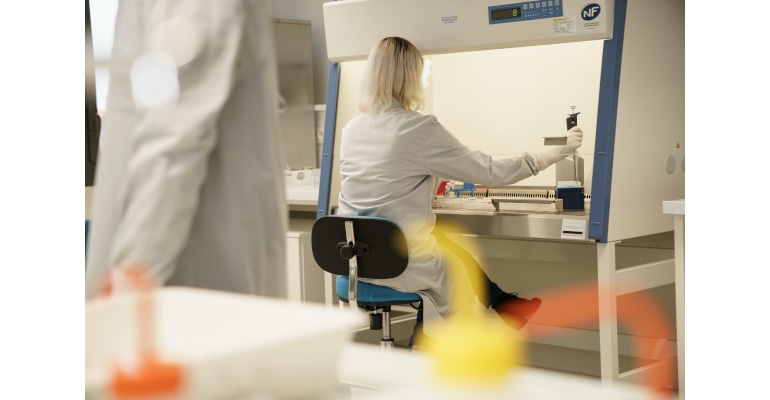The company's antimicrobial, antiviral, and anti-inflammatory coatings are derived from natural biopolymers.
February 23, 2022

Spartha Medical is advancing its antimicrobial, antiviral, and anti-inflammatory coatings thanks to €2.4M ($2.75M) in grants and additional undisclosed equity financing from the European Innovation Council (EIC) Fund. The company will use the funding to launch clinical trials, build out its infrastructure and team, and further develop its coating technology. It is among 99 European companies selected at the end of 2021 by the EIC Accelerator program to receive grants. Spartha Medical’s non-antibiotic-based coating is derived from natural biopolymers for potential use on medical devices including implants. The biocompatible coating would be applicable to all surface types.
Because the coating is non-antibiotic-based, “we can kill bacteria resistant to antibiotics, normally their eradication with the current treatments is difficult,” Dr. Nihal Engin Vrana, CEO of Spartha Medical, told MD+DI. “Moreover, with our formulations bacteria cannot develop resistance.” The coating could potentially protect against SARS-CoV-2, the company reported in a news release.
Vrana tells MD+DI that the multifunctional coating “is currently being tested with several different implant materials, with the regulatory process in progress.” The company is also working on a consumer product with antimicrobial and antiviral properties, designed for daily use in personal and surface hygiene, it reported in a news release.
Medical devices coated with these solutions would be able to be terminally sterilized. “This has been proven for all industrial sterilization methods and with several full scale implants,” said Vrana.
Spartha Medical plans to offer a customized coating development service. “We have dedicated dipping and spraying robots for covering complex surfaces. We will apply this either as a subcontractor or transfer the methods and/or devices to the producer,” Vrana said.
When asked whether the coating would require special packaging or storage, Vrana said that the coating “is just one small additional step in the normal production chain. It will not disrupt the normal production chain. We have already shown that normal packaging practices (blisters, double blisters, etc.) does not have a negative effect on the coating."
“Spartha Medical is thrilled to have the support of the EIC fund, which we will use to launch clinical trials, strengthen our infrastructure, and hire new talent,” Vrana explained in the release. “We are set to achieve the necessary regulatory compliance steps, including ISO certification, as well as start researching the next-generation of coatings. These will propel us to the forefront in preventing post-operative infections and in fighting against resistant bacteria. By consolidating our current co-development programs and partnerships and the development of new business opportunities, our aim is to become the market leader in customized coating development services, using a platform supported by artificial intelligence.”
About the Author(s)
You May Also Like




